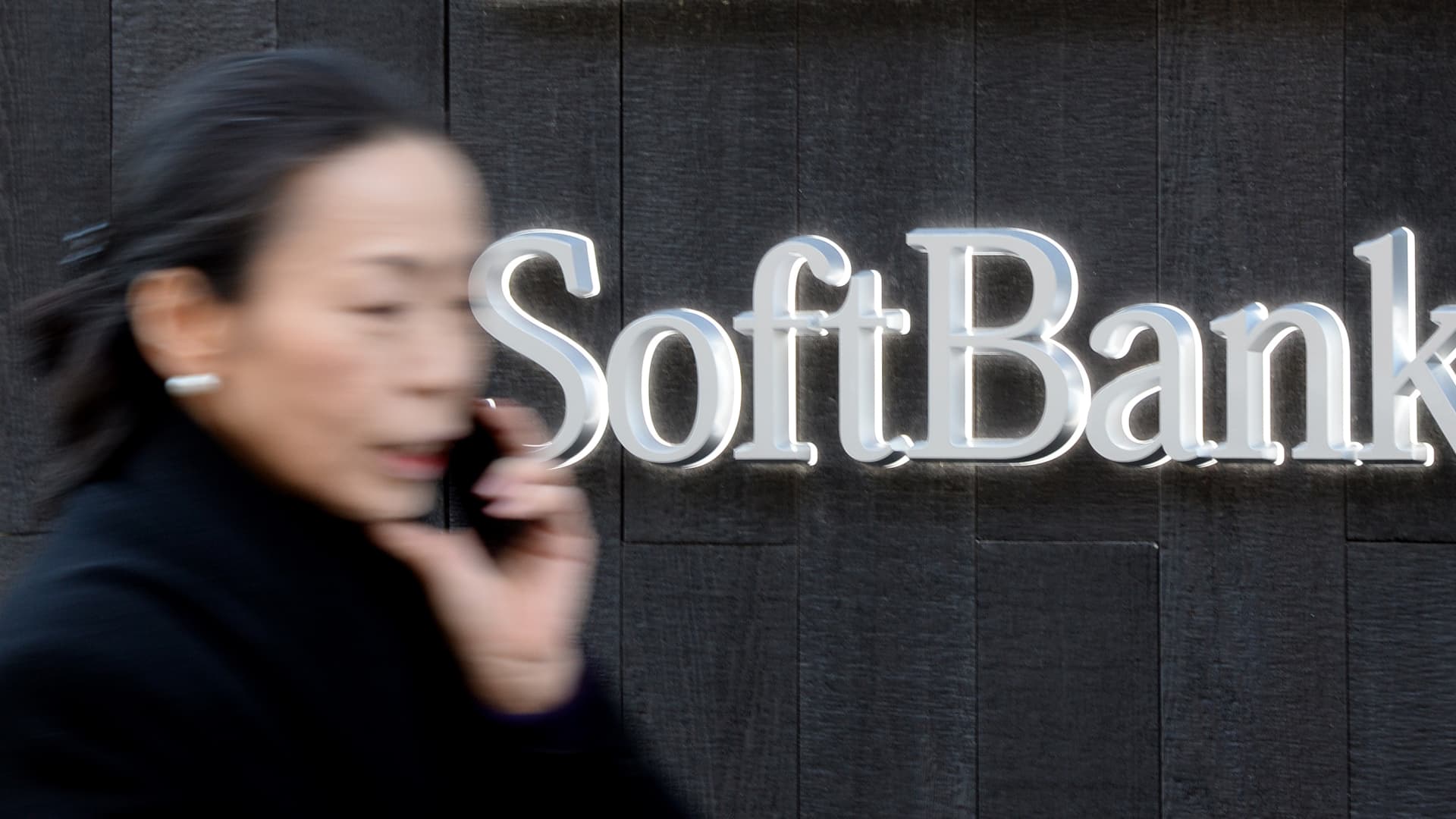SoftBank Plunges 10% as Asia Tech Market Reels from Wall Street's AI Stock Reversal & Fading US Rate Cut Hopes
 Japan
Business & Finance
Japan
Business & Finance

SoftBank plunged 10%, leading an Asia tech sell-off due to Wall Street's AI stock reversal and fading US rate cut hopes. Japan's inflation rose, fueling BOJ hik
Global Markets Reel: SoftBank Plunges 10% Amid Asia Tech Sell-off and Wall Street Volatility
The global financial landscape witnessed significant turbulence on Friday as SoftBank experienced a dramatic 10% decline, spearheading a widespread tech sector sell-off across Asia. This downturn was largely triggered by a sharp reversal in U.S. tech stocks and diminishing investor confidence in a potential December rate cut by the Federal Reserve.
Asia Markets Experience Broad Losses
Japan's Nikkei 225 index saw a substantial drop of 1.57% at the open, with the broader Topix index also falling by 0.72%. Major Japanese tech players were heavily impacted: Advantest lost over 9%, Tokyo Electron nearly 6%, Lasertec close to 5%, and Renesas Electron fell 1.95%. Adding to the domestic pressure, Japan's core inflation rate in October recorded its most significant increase since July, aligning with market predictions and bolstering the case for the Bank of Japan to consider interest rate hikes.
South Korea's markets mirrored this trend, with the Kospi index plummeting 4.09% and the small-cap Kosdaq retreating 3.01%. Tech giants Samsung Electronics and SK Hynix, significant components of the Kospi, saw their shares tumble by as much as 4% and 9%, respectively. Australia's S&P/ASX 200 also registered a 1.3% decline, while Hong Kong Hang Seng index futures indicated a weaker opening, trading below the previous close.
Wall Street's Volatile Turnaround
The Asian market's woes followed a tumultuous overnight session on Wall Street. Initially buoyed by gains, U.S. indexes reversed course dramatically, particularly impacting AI-focused stocks. Oracle and AMD were among the first to turn negative, soon followed by Nvidia, which erased its earlier gains to close nearly 3% lower.
This sudden shift in sentiment was fueled by stronger-than-expected U.S. jobs data, which cast renewed doubt on the Federal Reserve's likelihood of lowering its benchmark overnight rate. Traders, according to the CME FedWatch Tool, were now pricing in only about a 40% chance of a quarter-point rate cut in December, a considerable setback for investors hoping for reduced borrowing costs.
The Nasdaq Composite, which had advanced by 2.6% earlier in the session, ultimately closed down 2.16%. Other key U.S. indexes also suffered, with the Dow Jones Industrial Average slipping 0.84% and the S&P 500 shedding 1.56%, despite having risen as much as 1.9% earlier in the day. The market's heightened volatility underscores the sensitivity to economic data and central bank policy expectations as investors navigate uncertain times.